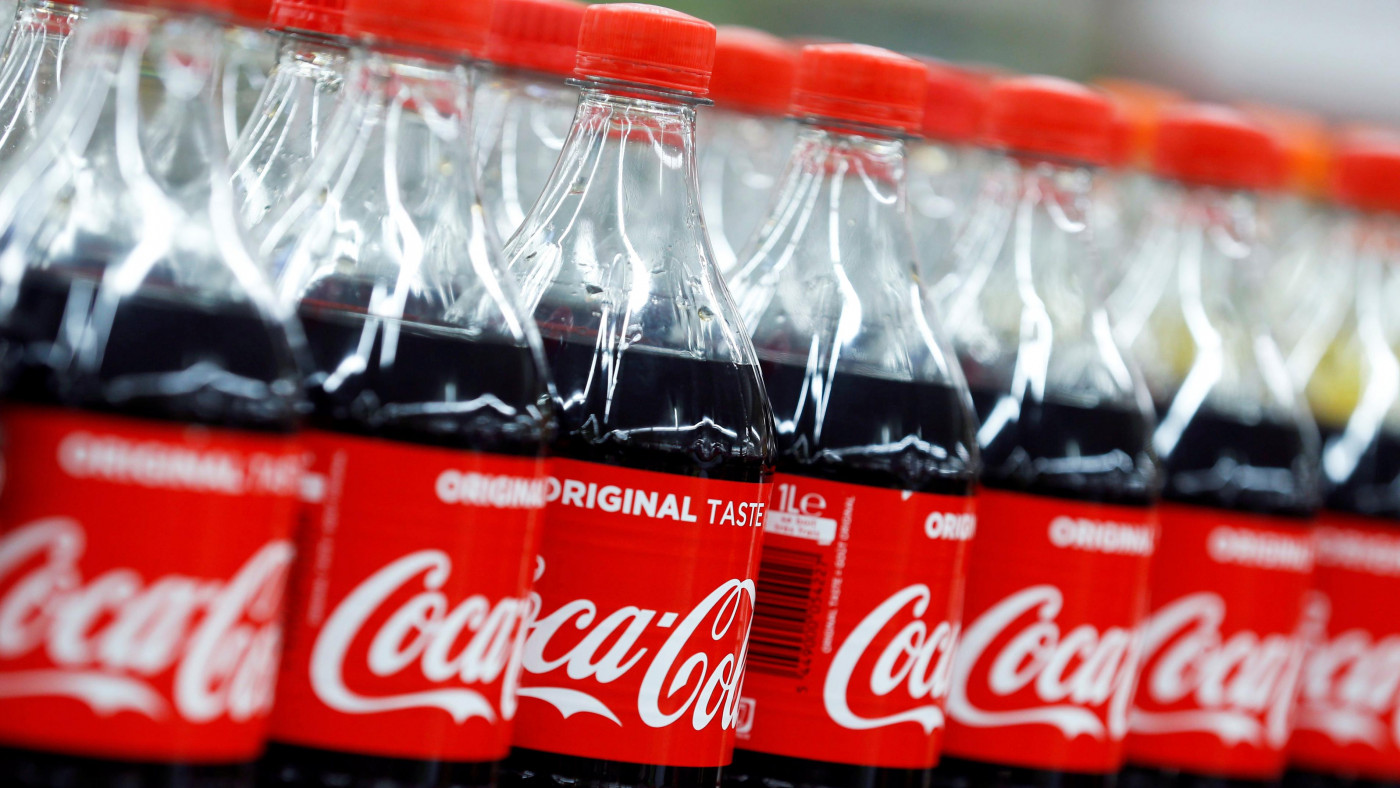Amp Media Staff
Coca-Cola and PepsiCo have been identified as the top two contributors to global plastic pollution, according to a new study published in the journal Science Advances.
Every year, companies produce more than 400 million metric tons of plastic, a portion of which ends up clogging waterways or beaches or breaks down into microplastics and nanoplastics that pollute the air and infiltrate human organs.
The research involved over 100,000 volunteers who cataloged more than 1.8 million pieces of plastic waste.
Volunteers worldwide conducted plastic “audits” in various environments such as beaches, parks, and rivers, scouring for plastic waste and recording any visible brands or trademarks.
The findings indicate that 56 companies are responsible for more than half of the branded plastic waste globally, with Coca-Cola responsible for 11% alone, marking it as the largest single contributor.
PepsiCo stays in the second sport with a 5% contribution.
The enormity of the plastic pollution problem was underscored by Win Cowger, a research director at the Moore Institute for Plastic Pollution Research and the study’s lead author.
“This is a herculean effort we have to do. There are no easy fixes,” he told The Washington Post.
Among the top offenders, alongside Coca-Cola and PepsiCo, were other beverage companies Nestle and Danone.
Despite the visibility of brand markers being lost due to exposure to elements like sunlight and weather, nearly half of the over 1.8 million pieces of plastic surveyed still bore visible brand identifiers.
In response to their ranking, a spokesperson for Coca-Cola pointed to the company’s World Without Waste strategy, aiming “to make 100% of our packaging recyclable globally by 2025 and to use at least 50% recycled material in our packaging by 2030 … We know more must be done and we can’t achieve our goals alone.”
Nestle also communicated its goals to reduce the use of new plastics by one-third and increase the recycled content in its packaging.
PepsiCo emphasized its advocacy for a global policy framework to address plastic pollution and its efforts to promote a circular economy in which plastics are reused.
Altria, another company mentioned in the study, contested the findings.
Their spokesman, Davien Anderson, said, “The study includes data from more than 80 countries, yet Altria’s cigarette company Philip Morris USA, only operates in the US.”
In response, Cowger pointed out that the idea that products created by a company in a specific country only stay within those borders is unsupported.
The researchers also found a direct relationship between a company’s production of plastic and the amount of branded plastic waste in the environment.
If a company such as PepsiCo produced 1% of the world’s plastic mass, for example, that company was responsible for roughly 1% of the waste found in the audit.
If a company produced 0.1% of the world’s plastic mass, it was responsible for 0.1% of the waste.
To the researchers, that finding means that recycling and waste management alone isn’t enough to manage the plastic problem.
“Many of these companies actually do have programs in place torecover their waste from the environment or prevent it from ending up there,” said Neil Tangri, science and policy director for the Global Alliance for Incinerator Alternatives and another author of the study. “And what we’re seeing is that those are not really effective.”
“It’s kind of my worst nightmare,” said Cowger. “It means that to solve the plastic pollution problem, we have to change in a huge way how we operate as a society.
